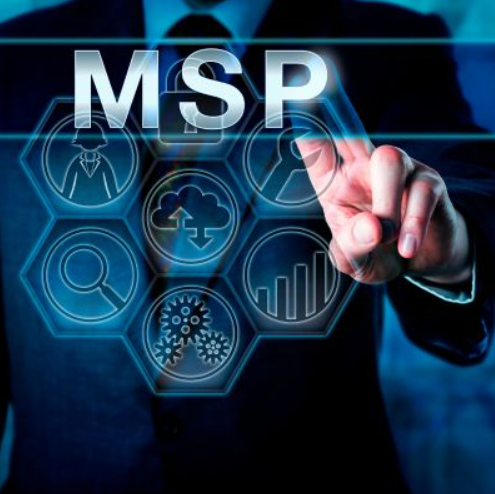Managed Service Providers (MSPs) play a critical role in managing sensitive data and ensuring the security of client systems. Given the nature of their work, MSPs must implement robust security practices to protect both their own infrastructure and their clients’ data. Below, we’ll explore some essential security measures MSPs can adopt to secure their operations and avoid costly breaches.
Establish a Strong Contingency Plan
MSPs are prime targets for cybercriminals due to their privileged access to multiple systems. A comprehensive backup and recovery plan is crucial to mitigate the effects of a potential breach. These plans should include multiple isolated backups, encryption, and offline storage to protect data from external threats. Additionally, MSPs must invest in malware detection tools and robust patch management systems to secure both internal and client systems from vulnerabilities and cyberattacks.
Routine updates of all hardware and software are key, as outdated systems can easily be exploited for zero-day attacks. Establishing a recovery protocol that integrates both local and cloud-based solutions will ensure that MSPs can quickly restore operations and minimize service disruption, should an incident occur. Regular testing and monitoring of these systems are also essential to ensure their functionality.
Implement Strong Authentication Measures
One of the most effective ways to prevent unauthorized access to client systems is by using strong authentication practices. MSPs should enforce multi-factor authentication (MFA) across all user accounts and adopt a robust password policy. This ensures that even if login credentials are compromised, attackers are still unable to access sensitive data.
Additionally, integrating a Data Loss Prevention (DLP) solution can protect against breaches originating from unmanaged devices or endpoints. A DLP tool acts as an added layer of security by securing data as it moves across both managed and unmanaged applications. Limiting unsecured access points within the network is also crucial, which can be accomplished through regular firmware and software updates.
Use Encryption for Enhanced Security
Encryption is a critical aspect of MSP security, especially when it comes to protecting client data. MSPs should ensure that all data, whether in transit or at rest, is encrypted to prevent unauthorized access. This is particularly important when working with cloud service providers, as it protects data from being exposed in case of interception.
Encryption should also extend to mobile applications and third-party software. It’s important for MSPs to be vigilant about the apps and software they use, ensuring that they come from trustworthy sources and that the permissions requested are necessary. Regular monitoring of logs for suspicious activity is another key measure to detect and address any potential vulnerabilities in the system.
Regular Monitoring and Log Management
Continuous monitoring is crucial to preventing attacks. MSPs should regularly assess the integrity of their cloud systems and servers to identify any vulnerabilities or unusual activities that could signal a potential cyberattack. Tools like network scanning software, firewalls, and automated inventories can help detect these threats early.
Furthermore, keeping all systems up to date with patches is critical. Malicious actors often target outdated software and hardware, so regular updates reduce the chances of exploitation. MSPs should also maintain multiple backup systems that are isolated from their primary network. These backups should be encrypted and regularly tested to ensure they can be restored effectively when needed.
Conclusion
Implementing robust security practices is essential for MSPs to protect both their systems and clients’ sensitive data. By establishing a strong contingency plan, using advanced authentication measures, ensuring encryption, and maintaining regular monitoring, MSPs can significantly reduce the risks posed by cyber threats. These best practices not only secure infrastructure but also build trust with clients and protect the business from costly security incidents.


